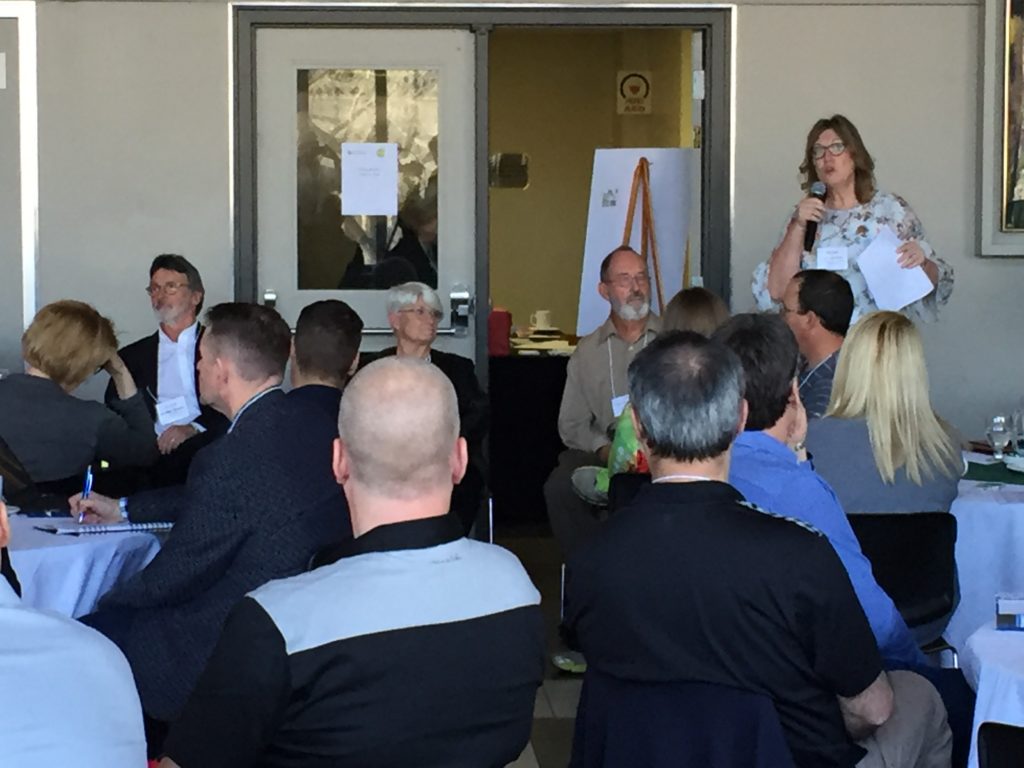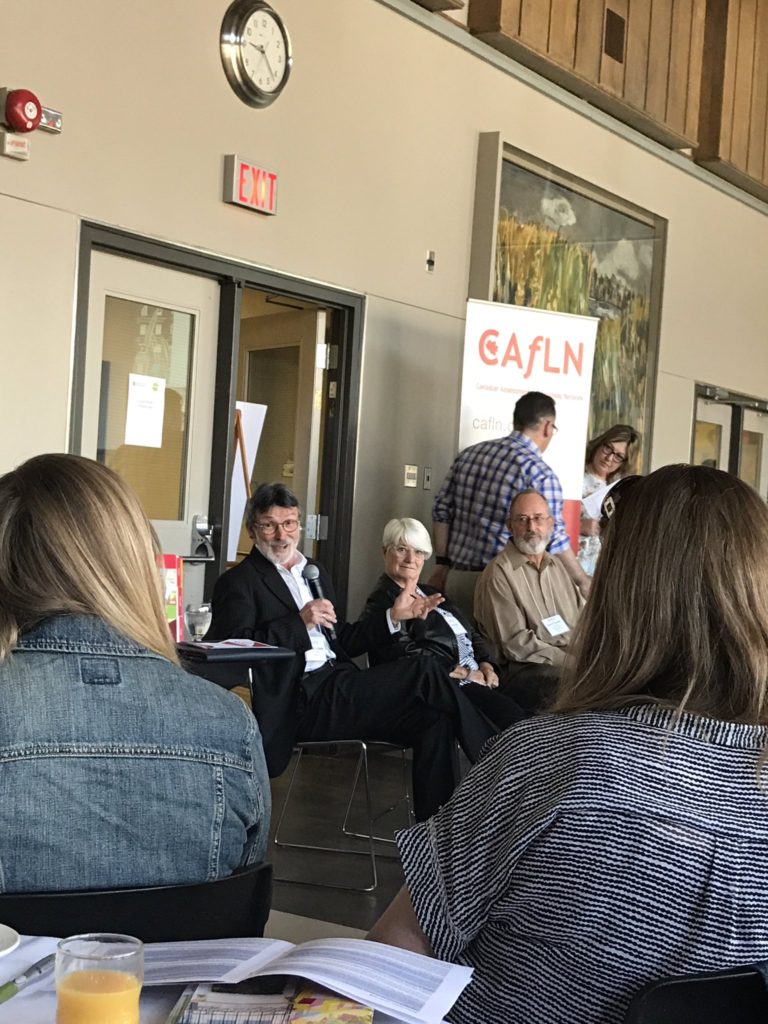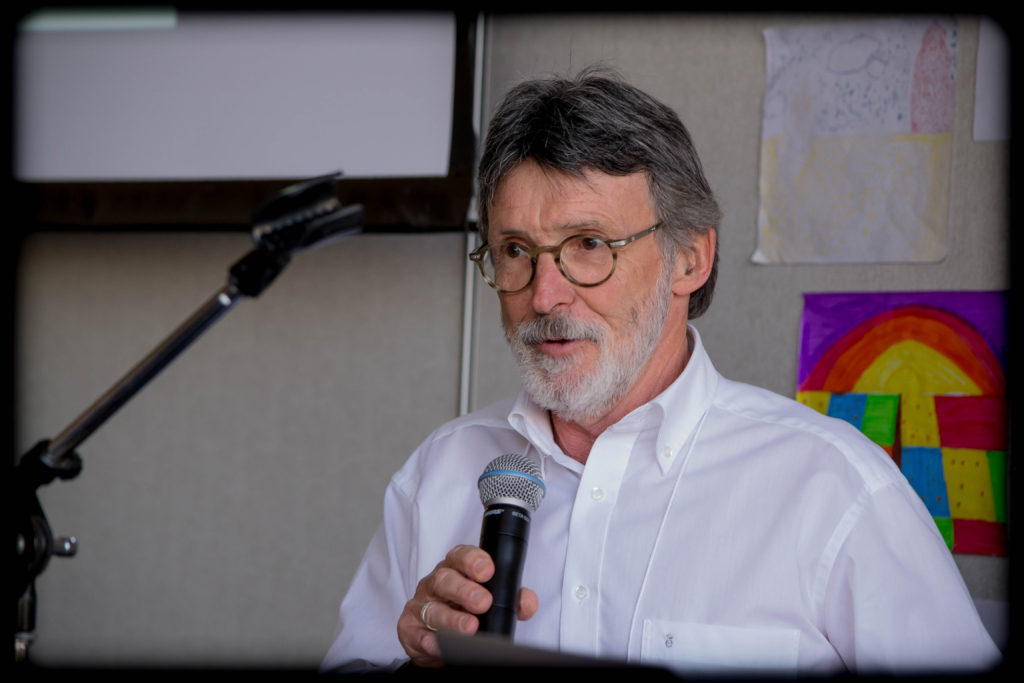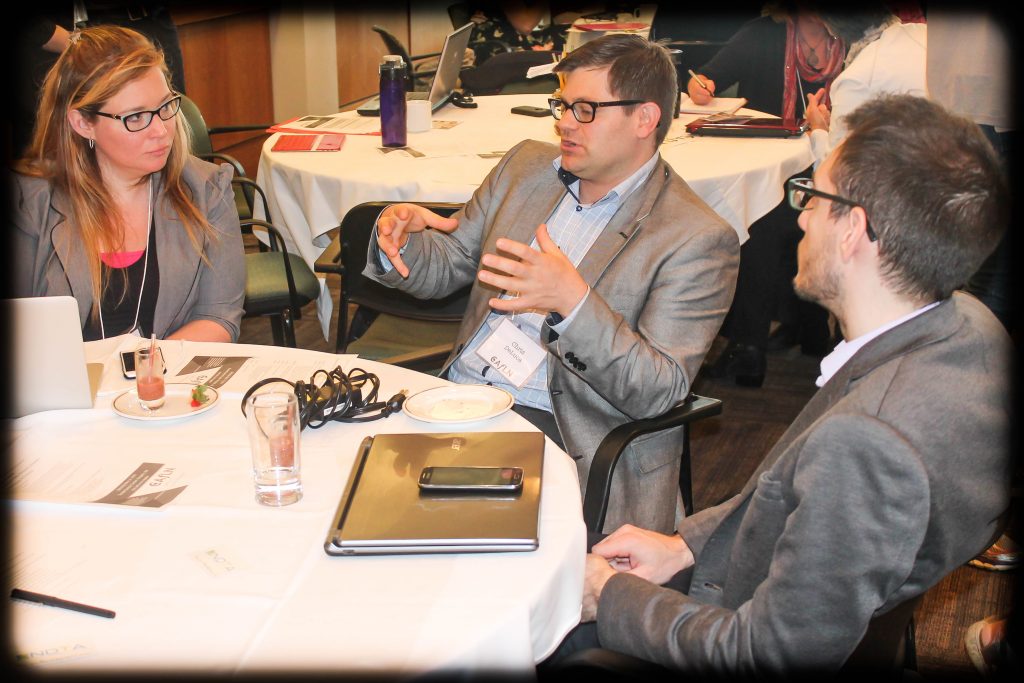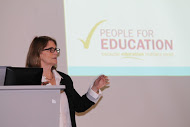CAfLN Conference 2017 – What I Learned
Submitted by Lori Jeschke, CAfLN Executive – Symposium Chair A Reflection on CAfLN 2017 – What I learned because you (Damian, Ken and Lorna) were in the room. Whenever I get to be in a place where I can learn from others’ practice, experience, and expertise, I am mindful of something that Sandra Herbst …

